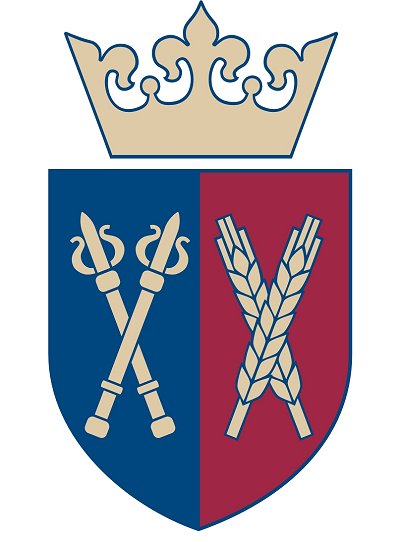About RuralStrateg
Cultural identity comprises a multitude of elements. These include regional products, customs and behavioural patterns, traditional plant and animal species, processing methods, and traditional food recipes. They often carry economic value in addition to cultural significance. It is their commercial potential. Qualities of rural and mountainous landscapes are lost in the hectic pace of today’s life. Folklore and traditional local products vanish and become rarities, often forgotten with time. Therefore, it is necessary to preserve and promote these values, landscape enclaves, customs, unique breeds of animals and varieties of plants, and food made in line with traditional ways for future and today’s generations as a distraction from the civilisational hustle and bustle.

Food and natural heritage manifest in plant materials and products founded on ‘old plant varieties’ and regional recipes for dishes that constitute regional heritage, including marinated and pickled products, products with traditional herbs and seasoning, and local products from wild plants and mushrooms. Moreover, natural and food heritage encompasses the methods and locations of plant product production, including homemade foods, small holdings, breeder associations, and specific traditional production equipment.
The goal of RuralStrateg is to support innovation in rural development. The innovation will involve including food heritage in strategic regional development planning. The University of Agriculture in Kraków will contribute its characterisation, application, and implementation of food heritage as part of cultural heritage and outline its potential role in innovative regional development.

Thanks to the joint effort of the local business environment, the results incorporated into the strategic development plan for rural Lesser Poland will be effectively consumed. The research results will be published as open-access publications. The Interactive Cultural Heritage Platform, Lesser Poland Module created by the University of Agriculture in Kraków’s staff will promote good practices for innovation that can be applied to regional rural development. The project will be an opportunity to strengthen regional communities and boost socioeconomic development by promoting the research outcomes related to the use of the environmental potential and cultivation of food traditions, leading to a new trend in the development of Małopolskie Voivodeship. The project purpose will be achieved through a collaboration between a research institution (the University of Agriculture in Kraków) and a local socioeconomic environment (individuals, public and local government organisations, non-governmental organisations, and businesses). The deliverables can be implemented and multiplied by expanding the RuralStrateg platform with further modules (voivodeships).
Project objectives
The region’s cultural diversity, which is rooted in its historical and religious traditions, exhibits strong trends towards vanishing. It is a challenge to reverse this trend by identifying vanishing traditions, including natural heritage combined with food heritage, and to use them as a foundation for a tool to further local community development. Overcoming this challenge is the aim of the project, which will build a competitive advantage for the region when fulfilled. Today’s European and global regional development trends in tourism and food production focus on product (including tourist service) diversification through regionalisation and locality rather than global production and competition. Hence the paramount role of the identification of vanishing food heritage in the form of forgotten materials, food processing and preparation techniques, and the final product (dish, product, or preserves), especially when combined with nutritional and health impacts.

The project aims to develop the Interactive Cultural Heritage Platform – Lesser Poland Module. It will be a tool for facilitating the planning of the socioeconomic development strategy of the Małopolskie Voivodeship using unique (vanishing) food and natural heritage assets. The combined components of the heritage yield an innovative approach to using them in development planning and work towards a competitive advantage for the region. The selection of specific food and natural heritage components will hinge on their potential to aid synergistic effects in the development strategy.


